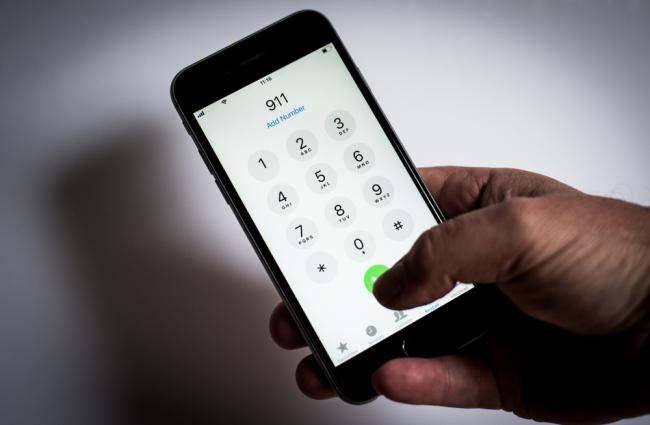Evidence for Action (E4A) funds research evaluating the population health, wellbeing, and racial equity impacts of programs, policies, and practices. What We're Learning is a repository of media pieces, research articles, presentations, reports, and other materials highlighting E4A supported research and findings. Sort by topic or resource type.


Black and White older adults’ end-of-life experiences: Does hospice use mitigate racial disparities?
Hospice use is associated with increased perceived death quality, particularly for Black decedents, suggesting that expanding equitable access to high-quality hospice services may be a promising pathway for intervention.


A partnership between the Department of Motor Vehicles, the County Treasurer's Office, and the University of Nebraska Medical Center led to increased cancer screenings, as well as follow up procedures when indicated.


This report provides a rapid analysis of findings from an ongoing process evaluation of the Holistic Empathetic Assistance Response Team (HEART) program, focusing on feedback for the HEART program from the perspective of community members who have interacted with HEART (“neighbors”).


Safety and Health Innovation through Neighborhood Engagement (SHINE) Study Interview Summary Reports
The SHINE Team shares project progress with regard to the Holistic Empathetic Response Teams (HEART) program being implemented in Durham, North Carolina. They also share information about what is working well and challenges and opportunities.


Residents living in areas where property remediation addressed both vacant lots and abandoned homes experienced significant increases in sense of community.

An introduction to the San Francisco Pregnancy Family Village: what the village is, who it serves, how they do their work, their impact, and the timeline of roll out.

Green space goes hand-in-hand with cardiovascular health, with tree planting as a possible strategy to improve health. Research shows that areas with more plants and trees (greenness) are associated with lower incidence of cardiovascular disease.